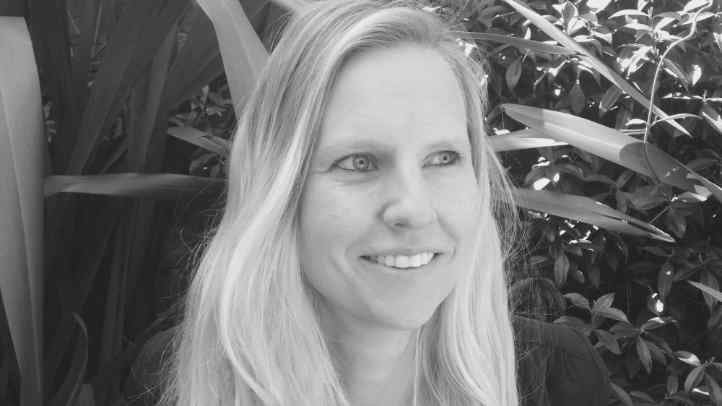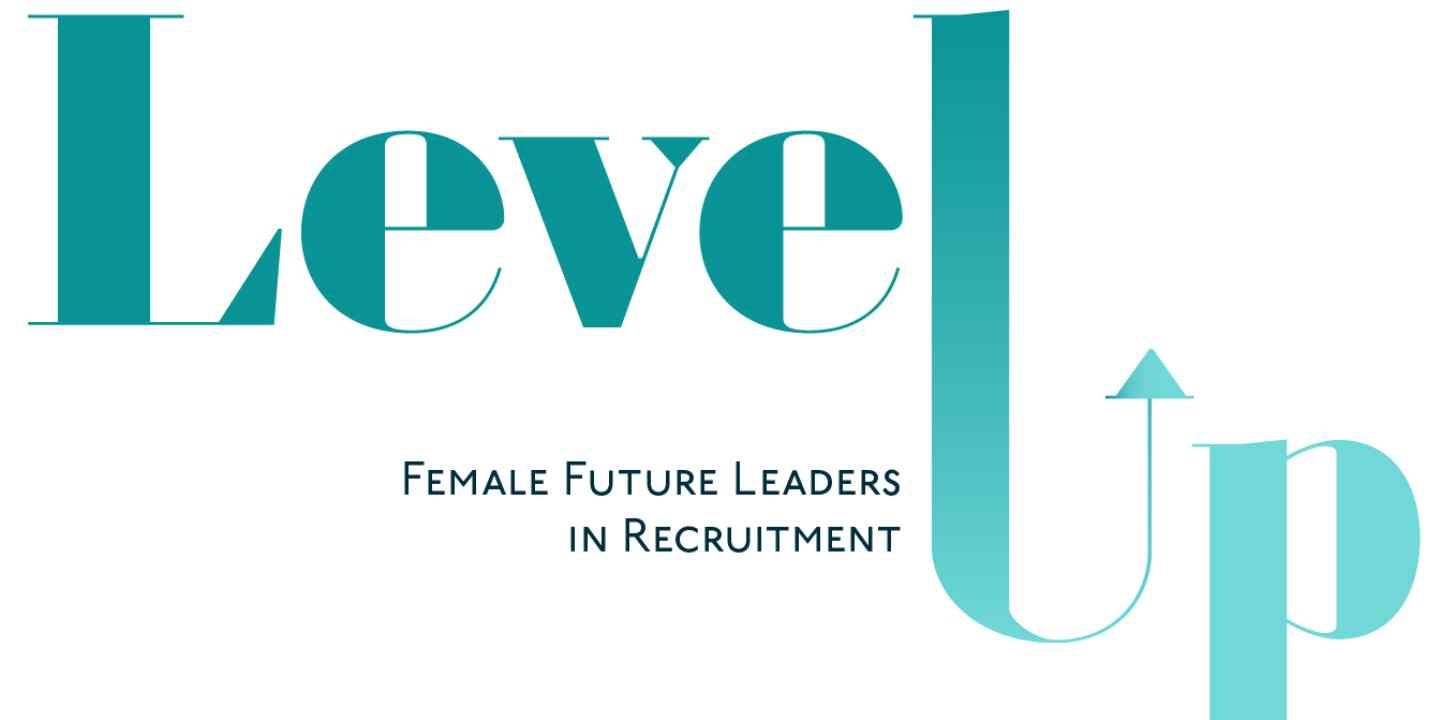
The Female Future Recruitment Leaders Program brings together small groups of talented, motivated women working in the recruitment sector to share their experiences, celebrate wins, and hold each other accountable to their goals. The program, which consists of three interactive workshops, aims to provide the tools and support needed for women in recruitment to advance to the next stage of their career. Olivia Read, an Executive Coach who is passionate about creating equality in the workplace, speaks to HC Insider about why she designed the program and how delegates can benefit from attending the workshops.
HC Insider: How did the idea for Future Female Leaders program come about?
Olivia Read: In December last year, I was talking to Damian (Damian Stewart, Managing Partner EMEA at Human Capital) about the coaching groups I was working with and how the women involved were benefitting from sharing their experiences and holding each other accountable to the goals they were setting for themselves. He said this would be an amazing thing for the recruitment world and from there we looked into how we could reduce the fear factor for women that might be stepping into leadership roles at some point in the future. We connected with Maria Vavoulas, COO at Human Capital and Lisa Walder, Co-founder and Recruiter at Fifteen West, and we started the planning phase. Fifteen West then ran a survey with their clients to see if this were something they would be interested in, and we got a resounding yes. Almost 90% of the respondents said they were interested in some kind of women development initiative that involved coaching and peer mentoring.
HC Insider: In the workshops, delegates are able to set their own goals. Could you provide an example of a goal someone has set for themselves?
OR: We’ve recently started cycle one of the program and the first of three workshops took place in May. In that workshop, we asked the delegates to look back over their career and think about their achievements. They then work in pairs to help pull out each other’s strengths and to then consider which of these strengths could be applied to a challenge they are currently facing at work. We want delegates to make celebrating their successes, achievements and strengths a habit and to start using them to address existing challenges. At the end of each session, they’re given time to set some tangible actions they could take away to help them progress. The goal could be to set up digital notifications to remind them of their strengths, or to speak up in their next 3 client meetings. One goal was to set a five second rule for their next meeting – so if you have a thought you want to share, you have to say it within five seconds. Because after you go past the first five seconds, you are probably not going to share your thought. It is all about taking little steps to change behaviours.
We want delegates to make celebrating their successes and achievements a habit and use those examples to address existing challenges.
HC Insider: The program mentions a buddy system. What does that involve?
OR: At the start of the program, the delegates are paired up into accountability buddies. In between the bi-monthly workshops, the buddies meet up to review their progress, share experiences and embed their learnings. The first workshop, which we have called Super You, is all about building confidence and belief in yourself through a review of your strengths and achievements. The second workshop, Stepping Up, focuses on building presence and the importance of emotional intelligence – particularly when you get that leadership role. At the end of this session, delegates set a vision for themselves for the future to understand what leadership might mean to them personally. The last workshop, Staying Strong, is really about resilience and maintaining your wellbeing. Delegates are held accountable to the goals they set during these workshops by their buddy to ensure that they are embedding what they have been learning in their current role.
HC Insider: What does emotional intelligence mean to you?
OR: It has been proven now that a key quality in a great leader is emotional intelligence. I think that has been said since the 1990s when the term was first coined in a research paper by two psychology professors, John D. Mayer of UNH and Peter Salovey of Yale. American psychologist Daniel Goleman later revealed the five key elements of emotional intelligence. He conducted various studies to show that emotional intelligence is twice as importance as academic or technical knowledge at work. By emotional intelligence, I mean being aware of other people’s emotions and being aware of your own emotions and how they could be affecting others. As a leader, you cannot be up and down with your people. You have to be constant and that involves managing your emotions. The other side is about empathy and being aware of how someone else is feeling. This leadership style is really exciting for women that are thinking of stepping into a senior role and have not seen that type of leadership before. Leaders that manage with emotional intelligence will be more approachable, more open, and listen more. This then creates a positive culture of trust and engagement. Productivity, innovation, creativity, and ultimately the bottom line will improve because of emotional intelligence.
HC Insider: Why is creating gender balance across all levels important to you?
OR: Women need to have the choice to step into a leadership role. When there’s a balance in the boardroom, it positively affects the bottom line. There are real commercial benefits to including more diverse voices. You cannot run a company with just one type of voice being heard. Achieving gender balance is particularly important in the recruitment industry because they should be the benchmark for all other industries. If we are recruiting into all businesses, then we should be leading by example to show our clients that the senior leaders in the recruitment world are increasing the profitability and the performance of their companies.
HC Insider: What was it about developing people that first interested you?
OR: My commercial background is in advertising, and I worked for ad agencies in New York and London for 12 years. I loved the creative process but as I moved more into management roles, I realised I was really drawn to managing my team and developing them. So, I ended up retraining as a coach and set up my business in 2015 with the sole ambition of helping women to gain more confidence. On a more personal level, I think I had never really believed in myself, and I often had appraisals where people would say that I had so much potential, but I just needed to believe in myself more. I felt like every promotion I got was down to luck and that is a real part of imposter syndrome – attributing any success to external factors. On the other hand, you attribute any failings internally. This made me reach out to friends and colleagues and I realised they also felt the same and I wasn’t alone in the feelings.
HC Insider: What advice would you give to women that are looking to advance their career?
OR: A huge achievement for anyone is getting to the point where you can believe in yourself. We all know about imposter syndrome, and it is quite a natural thing to feel when you step into a leadership role, but you also need to take comfort in the fact that everyone feels like that. My advice would be to quieten the voice that compares you to others by focusing instead on your strengths, what you are great at and the value you bring. There is also a huge benefit in partaking in a program like Female Future Leaders. Being given the tools and support, along with a strong peer group that you can take with you for the rest of your career, will really help you in tough times.
If you would like to find out more information about this program or want to sign up for the second cycle, please contact Olivia Read at olivia@oliviaread.com or hcinsider@hcgroup.global.
Delegate feedback
“It was a pleasure to be a part of Olivia’s FFL workshop and have the opportunity to meet likeminded women who share similar goals and experiences as myself. Olivia created a space where I felt comfortable and empowered to discover strengths and abilities that I was not aware of and how to utilise these skills to progress forward and overcome challenges. I look forward to continuing with Olivia and this group of women for future mentorship.” - Charlotte Murray, Senior Associate at Human Capital.
“It was great to be in a room with so many women who openly share experiences and are working towards the same goals.”
“Being part of a group that is going to hold each other accountable for what we said we would change or do is going to be invaluable.”

